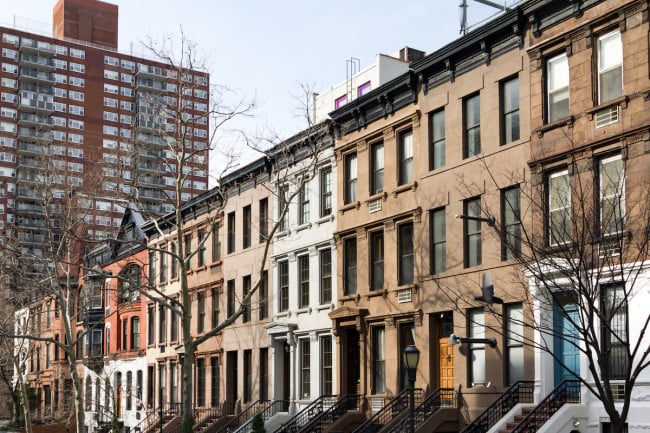Can you run a business out of your NYC apartment?

Your building will want to know how much foot traffic your business generates.
iStock
Apartment hunting in New York City involves compromise: You give up dreams of an washer/dryer in your apartment for more space or find a place with a longer commute but a cheaper rent. For some New Yorkers, finding an apartment where they can also run a business is non-negotiable, as it was for Mela Bolinao, who runs an agency for illustrators and who shared her experience buying a live-work friendly co-op in Chelsea.
Even though the listing said the building, on the edge of the Garment District, was home-office friendly, it was something that concerned her ahead of the interview.
City zoning regulations dictate whether an area is designated as commercial or residential and building use is stated in a certificate of occupancy. Whether or not you can run a business from home, however, will depend on the type of business you are running, and the type of building you choose to live in. Here's what to consider if you're taking this route.
'Business use' is a fuzzy term
Dean Roberts, an attorney at Norris McLaughlin, says the term "business use" has become "fuzzy"—it once meant manufacturing but technology has changed all that. "Most people are not using the apartments to manufacture product, but rather providing services either in person or over the internet, he says."
Even so, landlords and boards don't typically warm to the idea of having employees or clients coming and going due to the security concerns of other residents and potential liability if someone is injured or hurt.
The type of business
Live-work is the term most brokers use to describe buildings that are friendly towards home offices. David Perry, a broker with Brown Harris Stevens, says, "only a handful of buildings will embrace live-work."
That doesn't mean you can't work out of your apartment—if your business provides a service where you are not bringing clients into your apartment, they might never need to know—but if you need to be upfront about it, because you have people coming and going, live-work buildings are harder to find.
Bolinao has two employees and rarely brings clients into her co-op apartment, and the board accepted her application. A therapist bringing five clients a day into the building might not have been so successful.
In fact, Perry says bringing multiple clients in under the radar of a co-op board or a rental building is risky, particularly if it is a doorman building and the doorman brings it up with the managing agent. "The co-op may advise [you] to sell the apartment and force [you] out."
The type of building
Every building is different. Live-work restrictions will be outlined in a condo's house rules, a co-op's proprietary lease, or in your rental lease.
If you don’t have clients or customers coming and going, there might be no need to mention it in a co-op board interview if you're buying or renting, says Bill Kowalczuk, a broker with Warburg Realty. An experienced broker will find out ahead of time if the building is open to live-work residents. "There is no way a potential buyer or renter should even get to the board interview portion if it’s restricted," he says.
Bolinao's apartment search in the Garment District found it to be a prime spot for live-work friendly buildings, thanks to lofts in Midtown and Flatiron that were once commercial and then converted to residential. Perry says these types of buildings are more open to these situations. Similarly, some of the former doctor's offices on Fifth, Lexington, and Park avenues are where you might find flexibility.
Buildings on the Upper West and Upper East Sides are unlikely to be open to live-work residents says Perry. "Any major co-op will not allow it. A 50 percent down building will say 'no,' but a 20 percent down building might say 'yes,' depending on the type of business," he says.
In a rental building, most leases will have a clause stating the apartment be used for residential purposes only.
Liability issues
When it comes to insurance coverage, Jeff Schneider, president of Gotham Brokerage (a Brick Underground sponsor), says "some apartment policies will exclude or limit items used for business and most will only cover business equipment that you own under your individual name."
If you employ anyone as part of your business, apartment insurance policies will not provide Workers Compensation or Statutory Disability coverage says Schneider and the policy "may be voided if you have people coming over to the apartment for business or work-related purposes who are injured or cause damage to the building."
Schneider says some insurers can add a broadened business-use endorsement but your eligibility may be limited by the amount of money you make from the business.



























